Please login or click here to join.
Forgot Password? Click Here to reset pasword
C S Lewis' former home known today throughout the world as the Kilns was built in 1922. The area surrounding it was in fact a thriving brick industry during the late 19th Century, but known locally as the 'Clay Hills'. There were two brick kilns and a brick drying barn situated just a hundred yards or so away from Lewis' back door or 'tradesmans' entrance. The tradesmans entrance is where the bread, milk and post would be delivered.
The brick kilns and barn on the 8 acre plus site were later demolished, as was a bungalow. A tennis court was removed and the orchard also disappeared in preparation for the eight new houses that can be seen today. The plots of land for the houses were sold off by Mrs Janie King-Moores daughter Maureen (Lady Dunbar of Hempriggs) and Jacks older brother Warnie, who by this time was struggling with alcohol problems. His biggest shock came when he saw a house being built in his own back garden that he had agreed to, obliterating the woodland beyond. The area, including the lake and consisting of some 5/6 acres in total is today owned by the Berkshire, Buckinghamshire, Oxfordshire Wildlife Trust who refer to it as the C S Lewis Reserve. It was gifted to them in 1969.
The bungalow or probably better described as the wooden 'shack' became the home of Mrs Alice Hamilton Moore, widow of Doctor Robert Moore of Bushmills, Ireland. Alice Hamilton was a friend of the family living in Ireland who had hit upon hard times. The Lewis brothers, having learned of her predicament, and in their usual charitable manner decided to help and had the wooden structure built. Alice Hamilton was invited to live there, as she did, in peace and quiet for the rest of her life. She was therefore resident at the Kilns when she died, as confirmed in the Burial Register of Holy Trinity Church in Headington Quarry. She is buried in the same grave as Mrs Janie King-Moore, the lady who purchased the Kilns in 1930 with the Lewis brothers contributing some £1200.00 in cash. In return Mrs Janie King-Moore, who's name was solely on the Deeds of the property, allowed Jack and Warnie a so called 'Right of Life' tenancy which mean't they could continue living there after her death (1951), for as long as they wished. Hence the two Mrs Moore's were both resident at the Kilns, and buried in the same grave in Holy Trinity Churchyard.
C S Lewis died 22nd November 1963, the same day that J F Kennedy was assasinated and Aldous Huxley died. Warnie died 10 years later in 1973. Both are buried in the Churchyard of Holy Trinity Church in Headington Quarry. The brothers share a grave laying side by side.
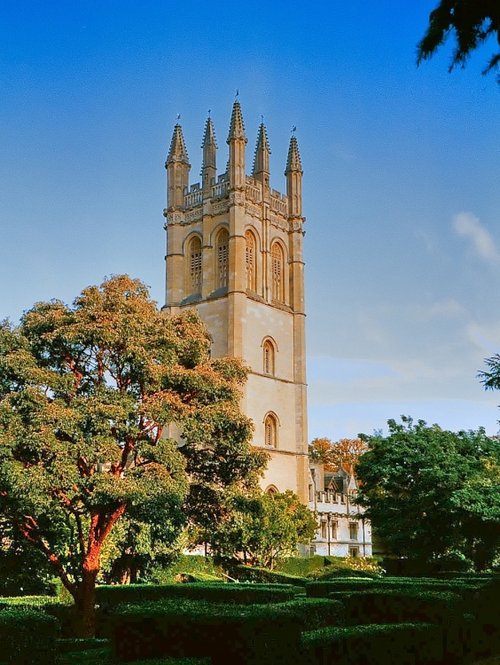
a Historic City in the county of Oxfordshire
(2.8 miles, 4.5 km, direction W)Oxford's fame is perhaps second only to Windsor, it is an acclaimed seat of learning with a University whose first college was founded in 1249, almost half a century after the first charter granted to the town by Henry II...
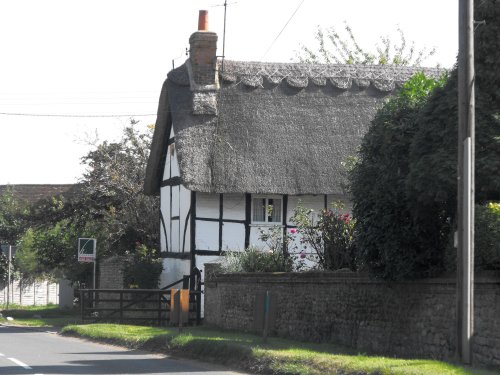
a Picturesque Village in the county of Oxfordshire
(6.9 miles, 11.1 km, direction S)This is a popular Thames side village which was the choice of Jerome K. Jerome for a setting for one of the riotous scenes of his "Three Men in a Boat" and it is easy to see just.....
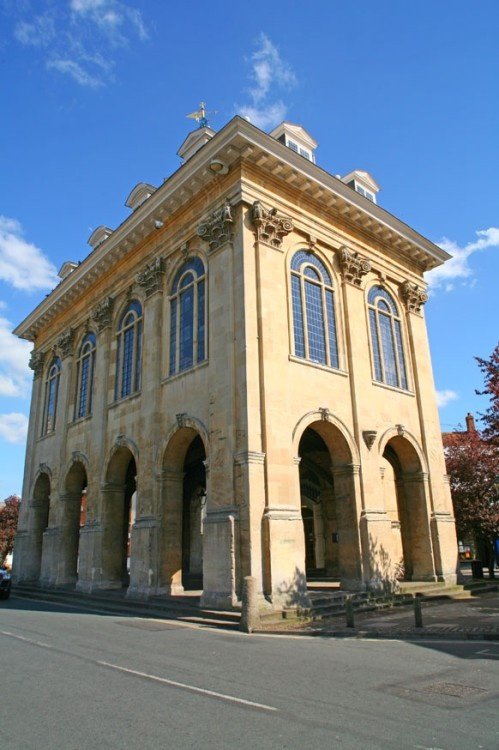
a Historic Market Town in the county of Oxfordshire
(7.3 miles, 11.7 km, direction SW)Interesting town, developed around the gates of an abbey founded in 675...

a Historic Market Town in the county of Oxfordshire
(9.4 miles, 15.1 km, direction NW)Woodstock will be forever inextricably linked with the great Palace of Blenheim and as birthplace of Sir Winston Churchill, one of the greatest Englishmen ever...
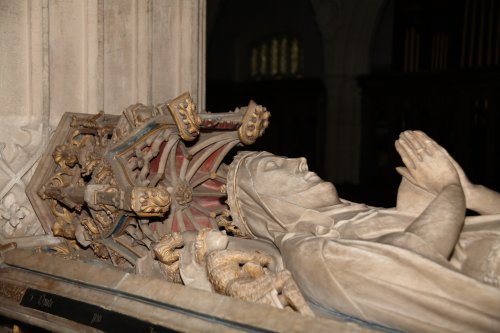
a Picturesque Village in the county of Oxfordshire
(11.1 miles, 17.9 km, direction SE)Ewelme is a quiet place particularly noted for its historic parish church...
All towns in Oxfordshire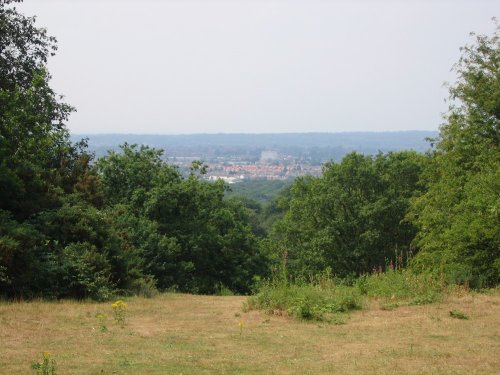
Shotover Country Park covers 117 hectares on the southern slopes of Shotover Hill, and is very popular with walkers, joggers, dog.....
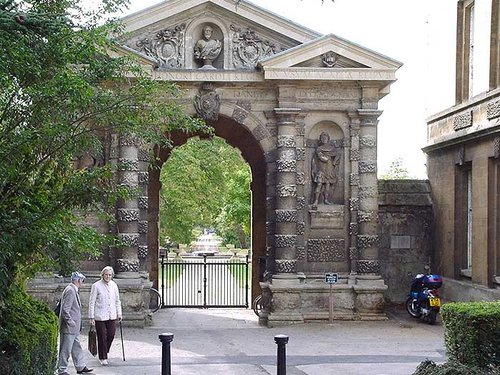
Situated on the banks of the River Cherwell is the peaceful settings of the beautiful Botanic Gardens of Oxford. The gardens are.....
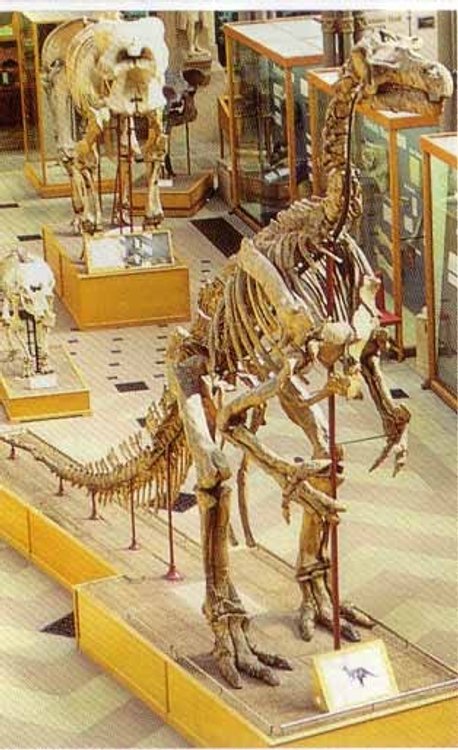
Opened in 1860 as a home for the teaching of natural science in Oxford. The Museum, with its glass-roofed court, naturalistic.....
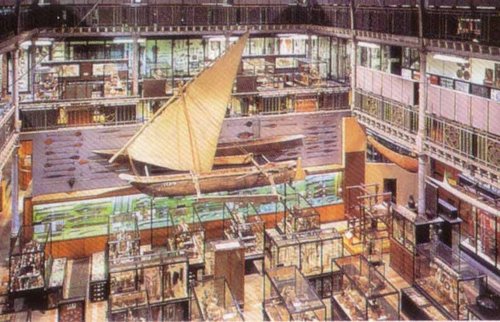
An impressive storehouse filled with the richest examples of human creativity and imagination. Masks peer down from the high.....
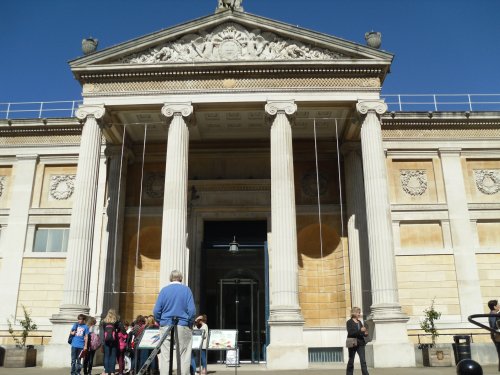
Built in 1845 as the university Galleries, this Museum became home to the Ashmolean collection in 1894. The museums present.....